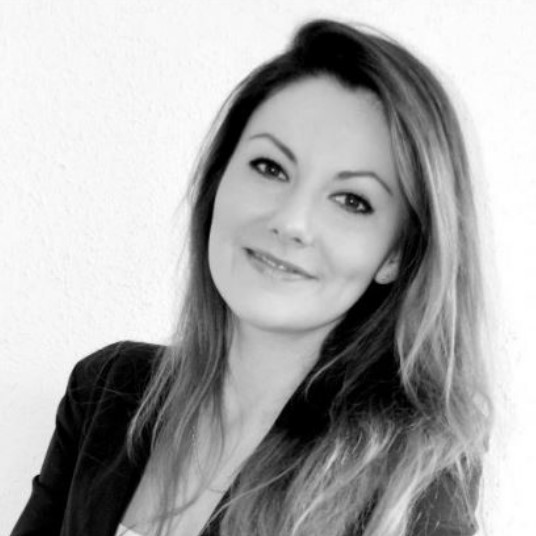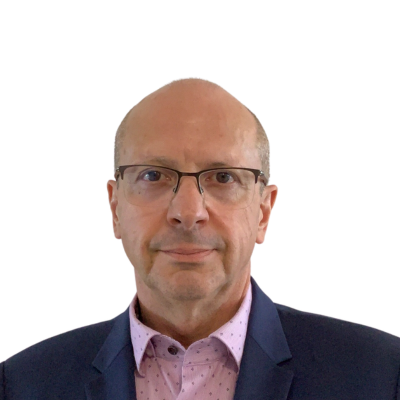Author: Patryk Nosalik, PMP

Note: this article has two parts - about the facilitation format itself and about the theme of the Open Space event.
Facilitation format
In line with the agile format of Open Spaces (OS), we take feedback from participants and from within the team during our retrospectives. And by how we feel the last Open Space went, we think we’ve got the format working well for our community. Therefore, we shall generally keep to the proposed format I last shared here , though in light of the continuous improvement and reaction to participant needs, we shall try to implement the following changes:
1. Introductions in main room by all participants:
We aim to allow 15 seconds per person which is enough to share: name / position/ company or industry / what you’re coming with; in one sentence. This helps everyone to know who is who.
2. In every breakout room, we really want to ensure everyone in the room gets a chance to provide some brief input into the question or issue at hand before the discussion goes completely freeform. The peers of yours who play the role of facilitator will have this as an explicit goal. Why? So that there is more inclusion especially for the more introverted, more active listening, and elicitation, which should lead to a greater elicited collective intelligence.
3. After the last breakout room, we’d really like everyone to offer at least one bit of feedback live; in one sentence. Why? We really want to address the needs of the community and also the last chance for eliciting participation. We’ll also use the same slido tool that we use for capturing the backlog of ideas, at the very end of the meeting to find out what themes we should have for future sessions. (I have a dozen ideas myself, but that’s not the point - we want to hear yours!)
4. To allow for more networking and chatting after the event, just like at a physical event, you can hang on for a short while. After the official ending (where we share the PDU code), the Zoom session will be open for 15 more minutes to allow a continuation or finalisation of certain topics, contact exchange, etc.
Want to learn experience or get involved with Open Spaces? Come on the 20th April to find out more!
Theme
Last year we covered agile topics, and whilst this was perhaps attractive or aspirational, it seemed most participants found this not in line with their actual experience. At a webinar, everyone can come uninformed and come out a bit wiser. At an Open Space, diversity works better, so that while some people can come purely to ask and learn, you really should share your experience for the session to be valuable. Now there may appear a risk if everyone were to come ‘uninformed’ (which I doubt in our community) that no-one will be there to answer with a solution, but at least you’ll come out with an action plan on how to solve the issue.
Our first OS this year was around the PMBOK knowledge areas and we did not run out of discussion!
Following on from this, we’d like to look at the tool project managers use. It should be especially relevant for PMO’s who in a ‘projectified’ economy, are all the more central to their organisations success, and whilst “only a poor workman blames his tools”, the converse “you are only as sharp as your knife” is certainly true too. Thus, to be competitive, PMOs should be very clear on the benefits of the tools they invest in.
What is the approach your organisation has? Do you have a dedicated PM/PMIS/PPMS tool or is it an extension of an ITSM product? What impact does this have on the way you run your portfolio and programs?
At the other, sometimes personally touching, end of the spectrum, if you have been out of work perhaps due to COVID, could it be that organisations have moved ahead with digitalisation of their tools to such an extent that It could be daunting to re-enter the workplace? Just think, have you used Slack? A few months ago I didn’t know anyone that was an active user. Yet Teams was behind Slack in 2018. Then from Nov 2019 it went from 20 million users to 115 million users by the end of 2020. If you weren’t in work, you wouldn’t have had much chance to use this and the rich integration it offers with Office 365. How do you use Teams for project management?
Of course, the joy of Open Spaces comes not from a pre-planned agenda, but what you the participants really come with. We look forward to hearing your questions and issues around the choice and use of project management tools on the 20th April. Register here









 The DA tool kit also enables us to extend agility beyond teams to the entire organization. This we can achieve by using the DA four levels model :
The DA tool kit also enables us to extend agility beyond teams to the entire organization. This we can achieve by using the DA four levels model : Philip started his presentation with a «Hyperspeed overview of DA», which highlighted some of the key advantages of the Disciplined Agile toolkit over other Agile frameworks that decide our WoW for us even before we start. Philip made it very clear that «One Size» does not fit all process decisions.
Philip started his presentation with a «Hyperspeed overview of DA», which highlighted some of the key advantages of the Disciplined Agile toolkit over other Agile frameworks that decide our WoW for us even before we start. Philip made it very clear that «One Size» does not fit all process decisions.
